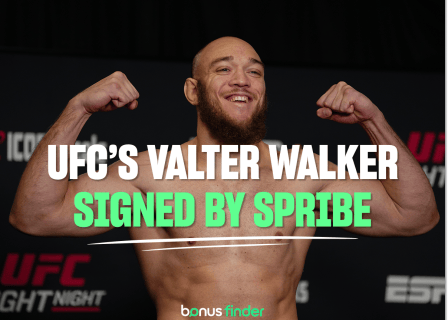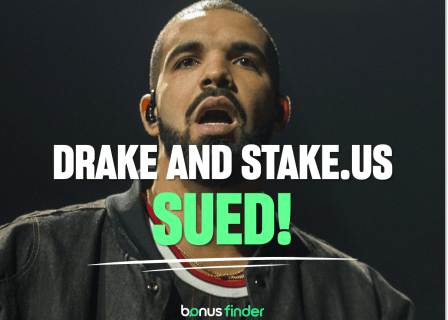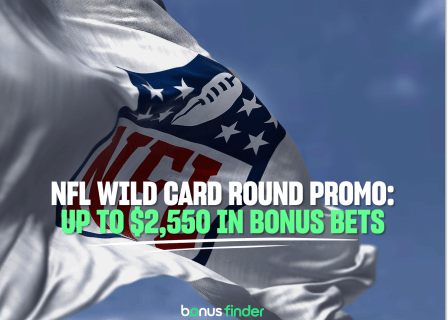Fanatics is set to unveil a new prediction market product “in the next few weeks”, according to the company’s CEO Michael Rubin.
News comes by way of a sit-down interview with CNBC – during which the 53-year-old revealed that Fanatics will soon launch a predictions-focused facility across 27 states where traditional sportsbooks are outlawed.
The announcement follows a sharp uptick in popularity for dedicated prediction products, such as Kalshi and Polymarket, with both delivering sports-centric contracts to consumers.
Competitors DraftKings and FanDuel have already thrown their hat into the prediction market ring – pushing Rubin’s team to compete in the still-fledgling and consistently controversial arena.
Rubin realizes prediction market potential, initially underestimated products
In his tell-all interview with CNBC, Rubin outlined that he had previously underestimated the power of prediction markets:
“I would not have believed, a year and a year-and-a-half ago, that all these fantasy players, prediction markets, sweepstakes casinos…I didn’t think any of these things would still be going. I was wrong.”
Now realizing the potential and provable market penetration of these products, Fanatics will “adapt” its priorities in order to deliver industry-leading facilities for customers:
“If there’s a business that’s important to our customers, we want to be in there and do it better.”
This has culminated in the imminent launch of Fanatics Predicts – and Rubin believes that traditional sportsbooks have the edge when it comes to similar prediction products by fellow domestic platforms.
Asked whether sportsbook-led prediction platforms can outperform Kalshi and Polymarket, Rubin replied: “Yeah, definitely. Definitely.”
“I think the winners in this (predictions popularity) are going to be the sportsbooks,” claimed Rubin. “I just think if you look at what Flutter and FanDuel has, and DraftKings and Fanatics, I think we have such strategic advantages; from the enormous customer base that we have to all of the experience.”
He also promised to adjust the team’s strategy as needed, citing regulatory risks: “There are definitely regulatory risks. I can’t tell you what the regulatory environment’s going to be, but what I can tell you is that if the regulatory environment says that we can do this, we’re going to do it. And, if it changes, then we’ll change with it.”
Fanatics earns CFTC approval following Wall Street investment
Fanatics will likely enter the Commodity Future Trading Commission (CFTC)-regulated prediction market as an introducing broker (IB) through an investment in Wall Street’s Paragon Global Markets – a member of the National Futures Association (NFA). This is a unique maneuver; rival firm Underdog partnered with Crypto.com as a technology provider and is not overseen by the CFTC.
It is understood that Fanatics now owns at least 10% of Paragon – with Fanatics-owned entity, Morton Street Trading, also holding a portion of the NFA-certified group. This suggests that Fanatics owns an influential cut of Paragon, or even the entire company.
As much is indicated by Rubin, who holds 30% of Fanatics, being named as an indirect owner of 10% or more of Paragon. William Sexton and Stephen Grady, who each held 50% ownership over Paragon in 2024, are no longer filed as custodians of 10% or more of the New York business.
Both Sexton and Grady are NFA members and remain listed as principals at Paragon – the NFA stipulates that one or more principals must be members of the agency. Therefore, Rubin’s lack of membership pushes the Philadelphia-born businessman out of the equation.
Under the Fanatics-Paragon agreement, the Wall Street-based company will rebrand to Fanatics IB.
Further, the Rubin-led outfit could leverage its IB status to become a futures commission merchant (FCM) and gain further market independence by managing all consumer-facing activities and directly challenging existing industry leaders.
Fanatics becomes first sportsbook to acquire NFA certificate
Fanatics has skirted around the infamously slow NFA certification process for outfits joining the prediction scene by purchasing Paragon. Specifically, this contract allows Fanatics to obtain an NFA license without enduring an extensive application procedure.
DraftKings, Underdog and several other sportsbooks who submitted respective applications months prior continue to wait for official results.
For Fanatics, the buyout of 10%+ of Paragon Global Markets paves the way for a near-immediate collaboration with Crypto.com in the form of a new prediction market. But, amidst the anticipation for a brand-new market entry from a major industry player, there exists one minor limitation: Fanatics cannot hold customer funds.
Rather, funds accrued through customer orders would be deposited on Crypto.com – as is the case with Underdog’s Crypto.com-affiliated predictions product. Whilst invisible to consumers, it stands as a subtle concern for individuals who prefer streamlined processing.
Unlike Underdog, Fanatics may use its newfound NFA certification to become an FCM. As FCMs are permitted to store consumer money – doing so would alleviate related pressure.
Legal repercussions may await Fanatics as predictions journey begins
Fanatics is just the latest in an ever-lengthening string of major US sportsbooks to develop a prediction market product.
DraftKings and FanDuel represent the group’s two main rivals in the space – with the latter releasing its contracts platform in December.
Both sportsbooks are acutely aware of the potential for legal and regulatory repercussions, however; the pair departed Nevada following confirmation from the Nevada Gaming Control Board (NGCB) that prediction markets are not allowed in The Silver State.
Crypto.com also encountered issues in Nevada – highlighted by an unsuccessful attempt to enforce a preliminary injunction against the NGCB. The operator was ordered to cease sports trading until the result of an appeal has been determined.
Similarly, Kalshi has sat at the center of several regulatory obstacles.
In October 2025, the prediction platform sued the New York State Gaming Commission after receiving a cease and desist letter from the local regulator.
Kalshi has also experienced pressure in Ohio, Massachusetts, New Jersey, Illinois, Kentucky, Georgia and South Carolina, as lawmakers and protestors battle the entrance of prediction products to their respective states.
Will Fanatics follow rivals into uncharted territory?
In mid-November, it was revealed that both FanDuel and DraftKings have pulled away from the American Gaming Association (AGA).
The exit comes in the wake of the AGA’s anti-predictions stance – yet Fanatics remains an organization member.
Now, a critical question beckons: As the sole NFA-approved firm of the major US sportsbook triad, might Fanatics toe the line of close competitors and walk away from crucial regulatory treaties, or is the operator prepared to walk its own path?









